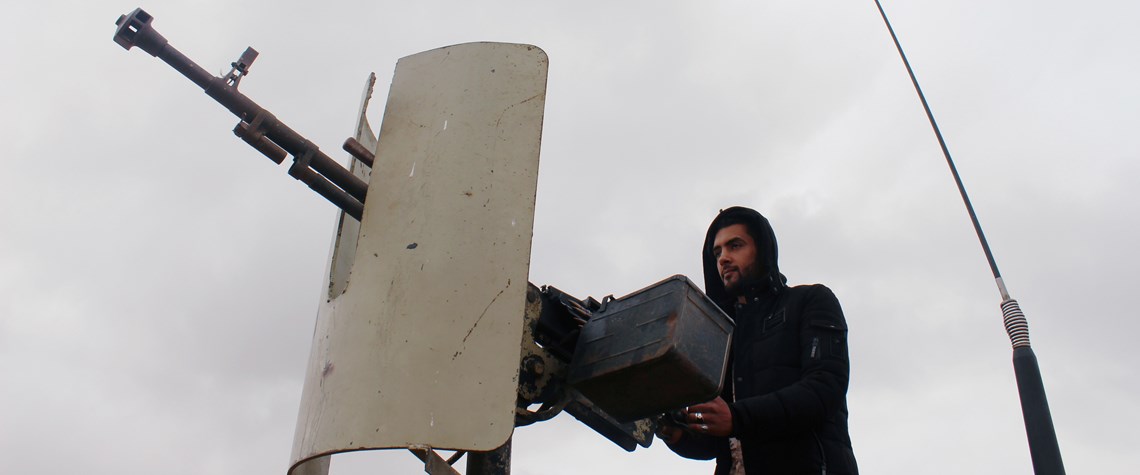Libya's oil fields fall into Haftar's hands
The latest military moves leave the government in Tripoli increasingly under siege
Tobruk government forces led by general Khalifa Haftar have completed a dramatic offensive in southern Libya, leaving it in control of all the country's key oil fields. What it does with this control will likely define the future of the country's hydrocarbons industry. While Tobruk now controls the oil, it does not control the oil revenues. These go to a rival government, Tripoli's UN-backed Government of National Accord (GNA), by dint of its international recognition status. But in the wake of what is a shuddering defeat for the GNA, pressure is mounting for a new political deal. Haftar's offensive lasted six weeks and saw his Libyan National Army (LNA) sweep through southern Libya capturin

Also in this section
25 July 2025
Mozambique’s insurgency continues, but the security situation near the LNG site has significantly improved, with TotalEnergies aiming to lift its force majeure within months
25 July 2025
There is a bifurcation in the global oil market as China’s stockpiling contrasts with reduced inventories elsewhere
24 July 2025
The reaction to proposed sanctions on Russian oil buyers has been muted, suggesting trader fatigue with Trump’s frequent bold and erratic threats
24 July 2025
Trump energy policies and changing consumer trends to upend oil supply and demand








